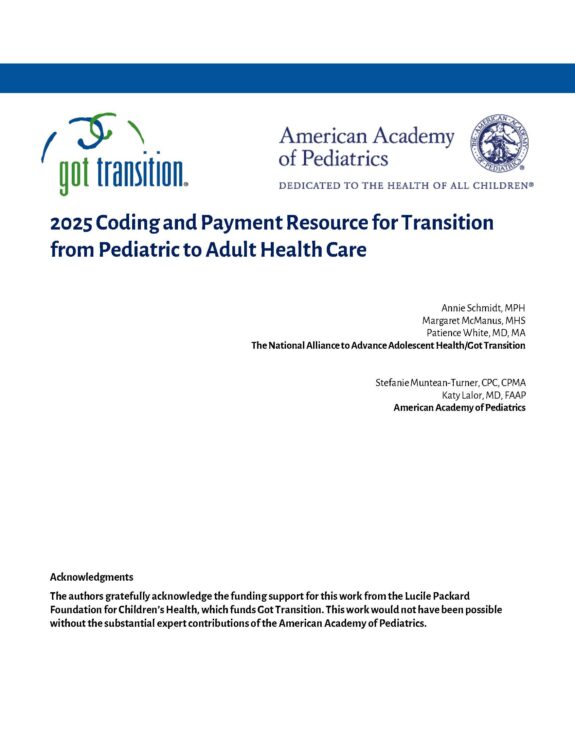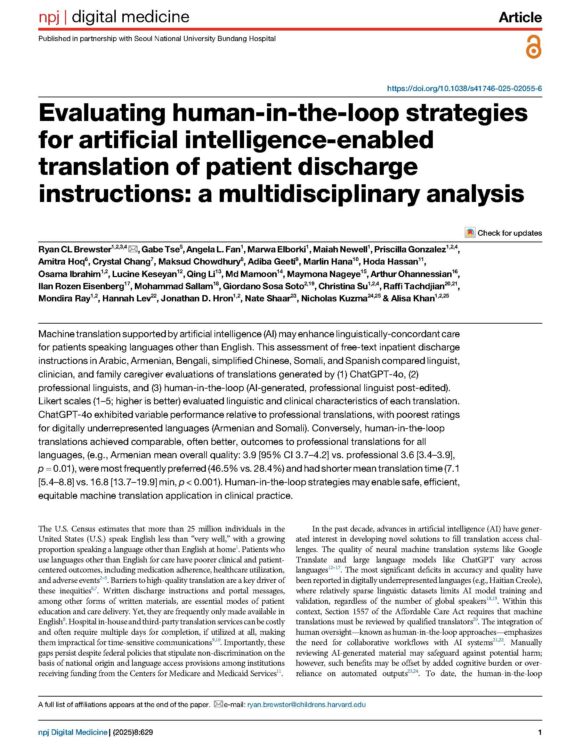The New Importance of Children in America
Ensuring the health and well-being of children in the U.S. has never been more critical to the nation’s economic and political future. The massive Baby Boom generation is aging and retiring at the same time that birth rates are declining and altering the social and economic landscape. In 1970 there were 23 seniors for every 100 people of working age, but by 2030 projections show 42 seniors for every 100 workers. The country is already depending on a relatively smaller population of workers and consumers to drive the economy and generate the tax revenue supporting all our social programs, including Medicare and Social Security. This is a troubling trend and one forecast to continue well into the 21st century.
This relative shortage of children means each child—regardless of gender, ethnicity, geographic residence or economic background—is proportionately more important to our future than ever before. Beyond our moral obligation to care for children for their own sake, our future economy, our standard of living, and our place as a leader in the world demand that children become our highest priority.



